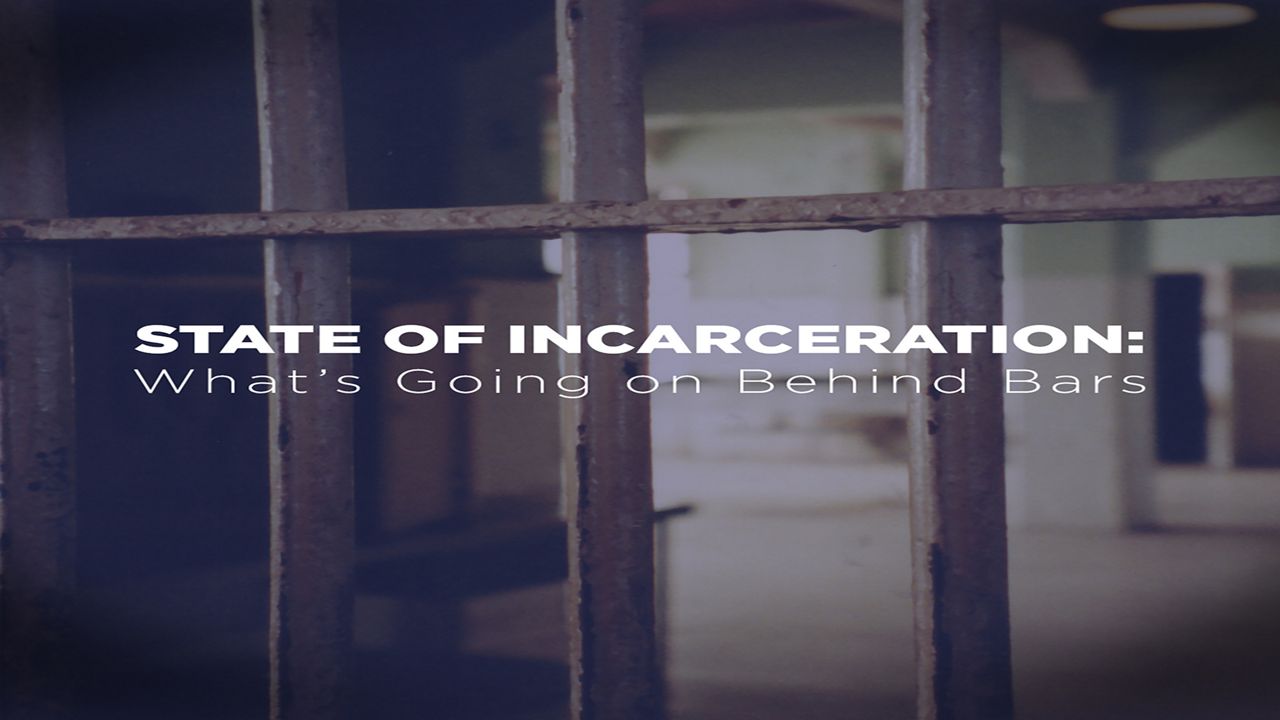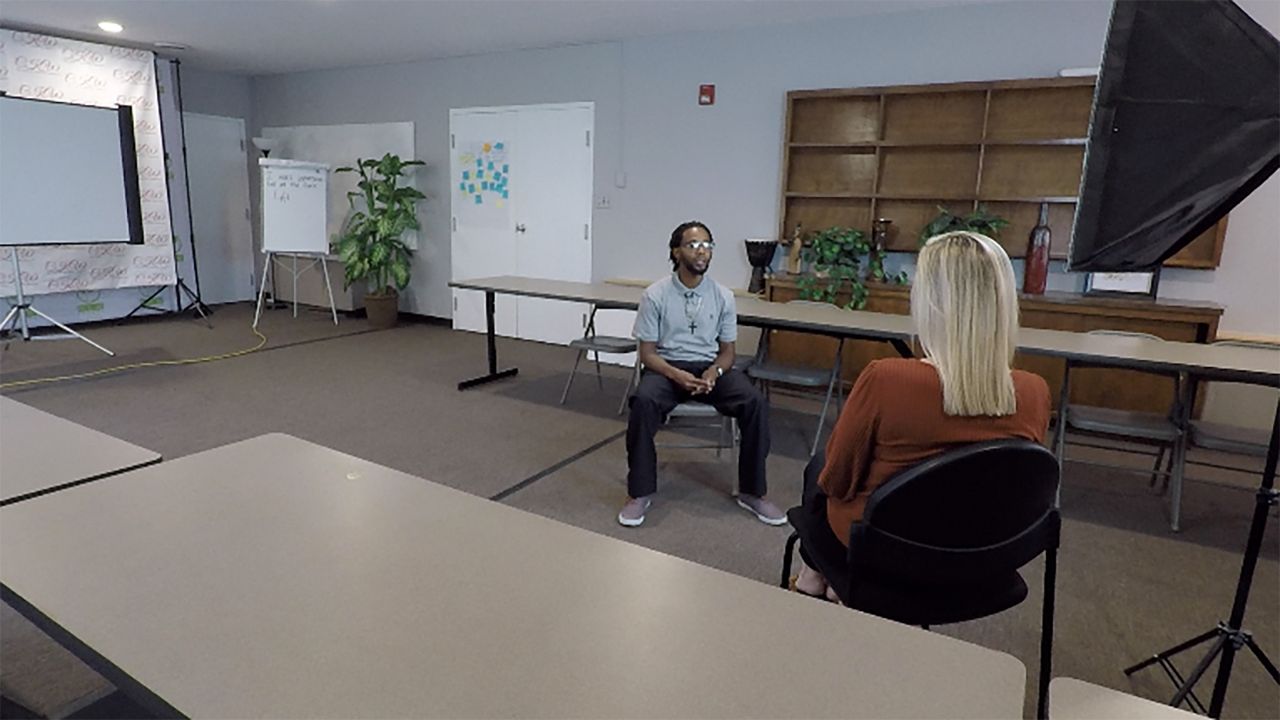LOUISVILLE, Ky. - There is a growing number of women behind bars across the country. While more of the population consists of men, the growth in the number of women being incarceration is undeniable.
The cycle starts with jail bookings. Some 2.5 Million women are booked in jails across the country each year, according to the Vera Institute of Justice. But, how does that look for Kentucky? Vera says that in 2015, the average number of women in jail in the Bluegrass nearly tripled the national average when you compare 255 female inmates to 93.
As of October this year, DOC data showed women were 13% of their population; that means 3,176 women in jail, prison, a halfway house or private institution. That’s unsettling, to say the least, for Alaina Combs.
Combs is a former inmate who has become an advocate for prison reform. She works with people recovering and rehabilitating from drug addiction, many of whom were incarcerated at some point in their lives. She argues that when women are incarcerated, many people suffer, including their children.
“Those children go to school with my children. Those children go to school with other people's children...and it's a societal problem. It's a community issue. And in my eyes a lot of times it's a health issue, especially when it comes to the substance abuse and mental health,” Combs says.
When mothers lose custody of their kids, they tell Spectrum News 1 that can cause a real lack of motivation and can work against the road to rehab.
“I just wanted to die,” formerly incarcerated mother, Amanda Heineman, recalls.“I just wanted to die,” formerly incarcerated mother, Amanda Heineman, recalls.
Amanda Heineman successfully reached her goal of sobriety and regained custody of three daughters, after spending time in and out of jail in northern Kentucky. She did time for drug charges. “Finally that last time, it was enough for me,” she remembers being addicted to meth.
Heineman shares her success story to show recovery is possible and to point out the hardships that mothers and their children endure due to incarceration.
"It was heartbreaking. My life revolves around [my children], and you know I didn't wake up one day and be like 'I don't want to be a mom anymore.' It was really tough,” says Heineman, “you know, you feel worthless and like you've let 'em down, and it just hurts."
Her daughters were 4, 6, and 7 years old at the time. They went to live with family and visited Heineman when she was allowed to see them, in jail. They’ve all been reunited for about three years now, but it’s still tough.
"When I first got them back, it was very rough. My oldest daughter has experienced the most trauma from everything that has happened and I would say it's probably affected her the worst. The first year, she would yell and cuss and hit and... it's been a hard road,” Heineman explains.
She is one who believes long-term separation from a mother who’s recovering from addiction should not be the decision handed down so swiftly.
"Children love their mother. No matter what my mother has done, I love her. That's all my children wanted, was to be back with their mom…and thank God I was able to get help when I needed and everybody didn't give up on me and just throw me away,” Heineman adds.
The term “throwaway moms” is mentioned in a study conducted at the University of Kentucky’s College of Social Work in 2007.
Social workers like Professor Chris Flaherty conducted interviews with several incarcerated mothers and found some underlying themes they all shared. One of those is a stigma- and gender perceptions they call unfair.
Flaherty also calls to attention, a policy that can work against reunification between a mother and her kids. The Adoption and Safe Family Act (ASFA) at the federal level says that moms can lose their rights to their kids if the children are not in their custody for 15 months of the last 22; in Kentucky, the average prison sentence for a woman in Kentucky was 18 months, at the time of the study.
“The policy puts these parents in a bind as far as being able to maintain custody and be reunited with their children,” says Flaherty“The policy puts these parents in a bind as far as being able to maintain custody and be reunited with their children,” says Flaherty, “is that always the answer when we have incarcerated moms, to take their children away, place them in foster care or even with relative placement? Many times these women come from places where their parents or extended relatives face challenges or issues.”







